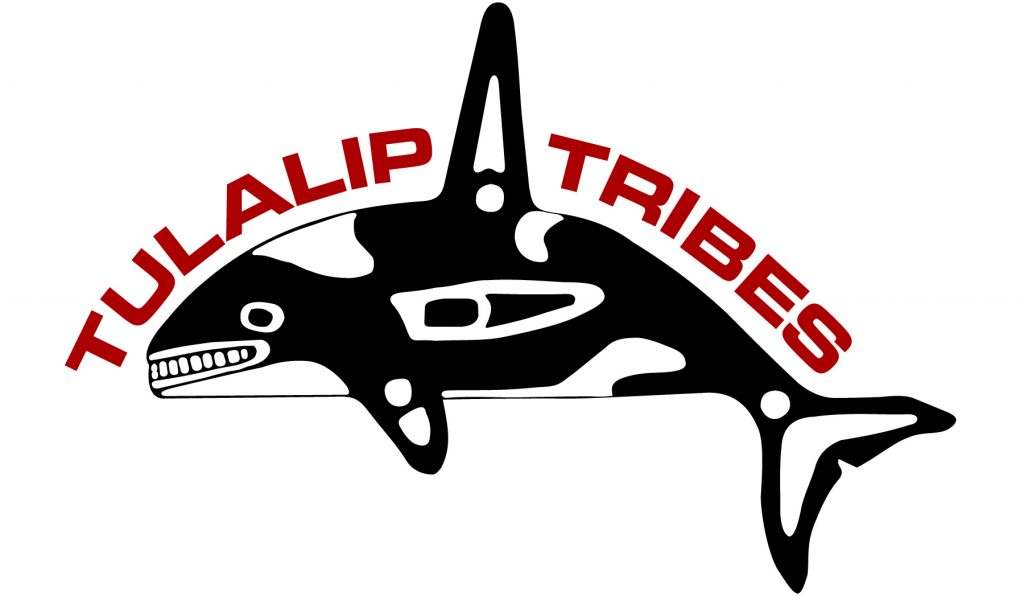
Treasury cannot distribute coronavirus relief funds meant for Indian tribal governments to for-profit Alaska Native Corporations because they are not Indian Tribes and do not have recognized governing bodies under federal law.
Lead Plaintiffs the Tulalip Tribes, the Confederated Tribes of the Chehalis Reservation in Washington state, the Houlton Band of Maliseet Indians in Maine and three federally recognized Indian tribes in the state of Alaska, won a major victory for all tribes today at the U.S. District Court for the District of Columbia. District Judge Amit Mehta granted the Plaintiffs’ request and enjoined the Department of the Treasury from distributing funds Congress intended for Tribal governments to for-profit Alaska Native Corporations (ANCs).
Plaintiffs filed suit on April 16, 2020 after the Secretary of Treasury indicated that he would use monies intended for Tribal governments to fund ANCs. The three Alaska co-plaintiffs are the Akiak Native Community, the Asa’carsarmiut Tribe, and the Aleut Community of St. Paul Island. The Plaintiffs subsequently filed an amended complaint to add the Navajo Nation, Quinault Indian Nation, Pueblo of Picuris, Elk Valley Rancheria, and San Carlos Apache Tribe.
The Coronavirus Aid, Relief and Economic Security Act (CARES Act) became law on March 27, 2020, and provides $150 billion in direct payments specifically to states, Tribal governments, territories, and local governments for COVID-19 related expenses incurred through December 30, 2020. Of the $150 billion, Congress allocated $8 billion for direct payments to Tribal governments. In setting aside the funds for Tribal governments, numerous members of Congress noted the tremendous hardships that COVID-19 has caused for Tribal governments.
In a 34 page opinion, Judge Mehta concluded that the Plaintiffs satisfied the four factors required to obtain equitable relief and noted that the Plaintiffs would suffer irreparable harm absent an injunction because, among other reasons, the $8 billion of the COVID-19 Relief Funds Congress set aside for Tribal governments in the CARES will not be recoverable once they are disbursed. Turning to the Plaintiffs’ likelihood of success on the merits, Judge Mehta held that “presently, no ANC satisfies the definition of ‘Tribal government’ under the CARES Act and therefore no ANC is eligible for any share of the $8 billion allocated by Congress for Tribal governments.”
Plaintiffs maintained that the only eligible recipients are the approximately 574 federally recognized Tribal governments that are recognized as eligible for the special programs and services provided by the United States to Indians because of their status as Indians. Disbursement of funds to ANCs would have significantly diminished the funding available for Tribal governments, which are providing critical services across the country to tribal members and their communities in response to the COVID-19 crisis. Such diminishment would have occurred at a time when other programs under the CARES Act are either unavailable to Tribal governments or have exhausted available funds.
Many Indian tribes, intertribal organizations, and members of Congress expressed written opposition to Treasury’s inclusion of ANCs because ANCs are state-chartered and state-regulated private business corporations, not Tribal governments as contemplated in the CARES Act. Other tribes later filed two similar lawsuits, and the Court consolidated these cases with the main case, Chehalis v. Mnuchin.
“The Chehalis tribe is pleased that the court saw what was obvious to many of us. Corporations have no place taking dollars that were allocated for tribal governments, period!”, said Harry Pickernell, Sr., Chairman of the Chehalis Tribe. “This ruling will ensure that tribes and tribal members will reap the intended benefits that Congress envisioned in the CARES Act. This ruling will help tribal governments to lead in the aid and recovery of their people.”
“We are pleased that the Court found in our favor. There was no question for us that the intent of Congress was to distribute these funds to Indian tribal governments. ANCs are neither Indian tribes, nor do they have recognized governing bodies that are responsible for providing essential governmental services to a tribal community,” said Teri Gobin, Chairwoman of the Tulalip Tribes. “It is extremely unfortunate that some are promoting ANCs to be something they are not, at the expenses of tribes, and it is disappointing that the administration is promoting a position that equates these for-profit corporations with Indian Tribal governments,” Gobin added.
Treasury represented to the Court that they would not be distributing these CARES Act funds until April 28, 2020, at the earliest, due to reasons unrelated to Plaintiffs’ lawsuit. Congress had intended and required Treasury to distribute this funding to Tribal governments no later than April 26, 2020. Plaintiffs urge Treasury to follow the law and to disburse the desperately needed funds in full to tribal governments without further delay.